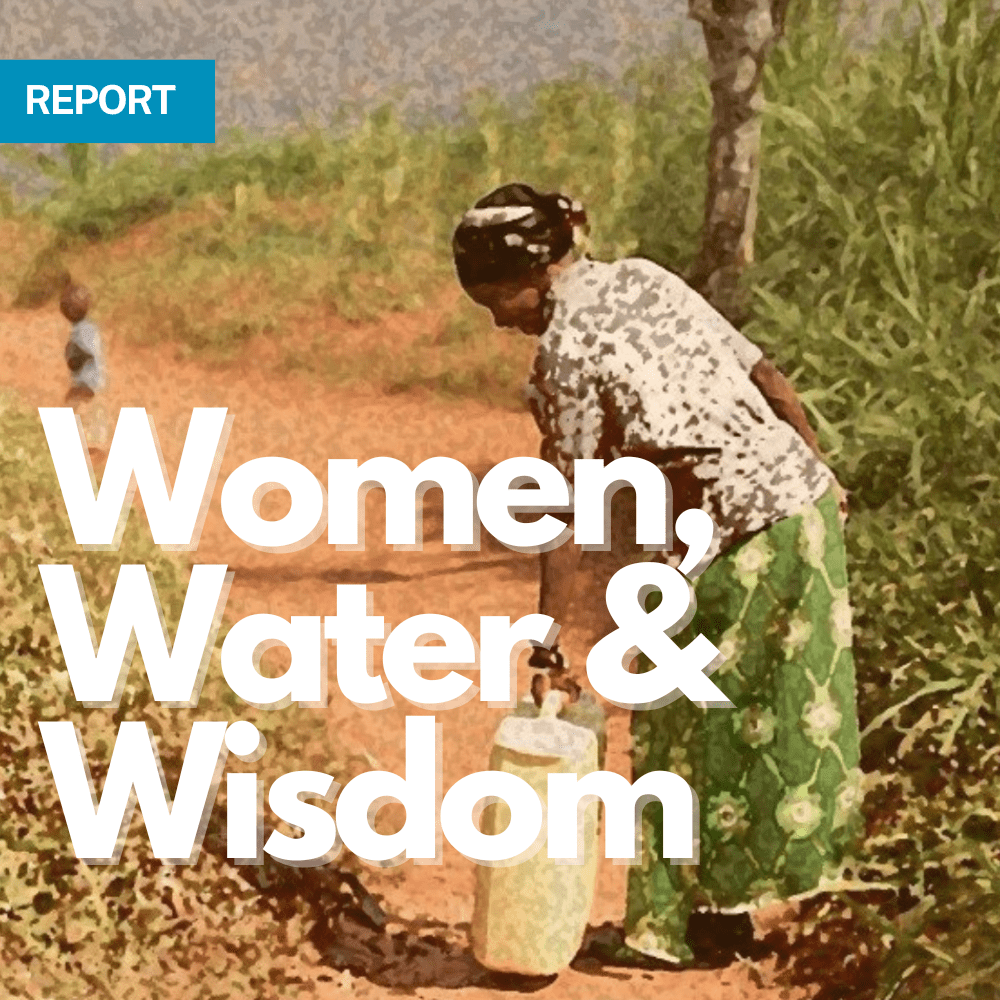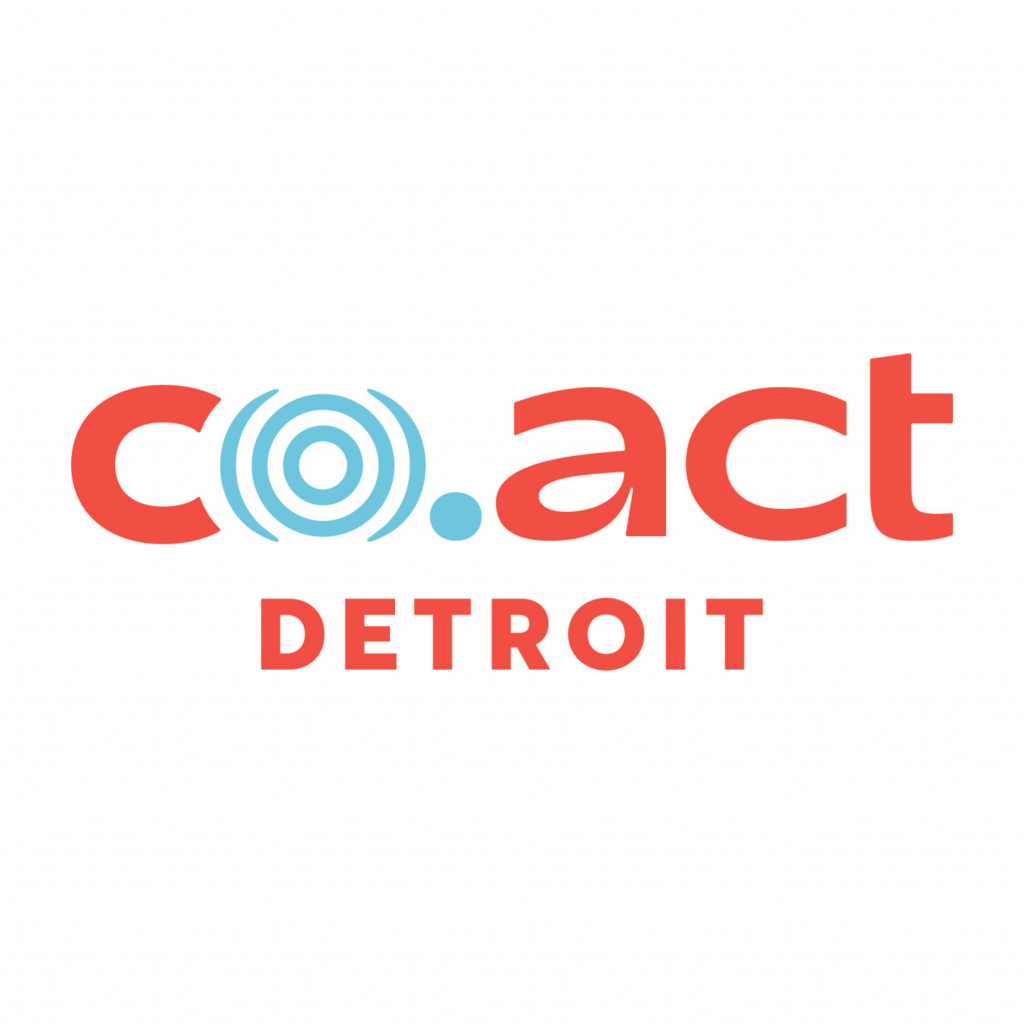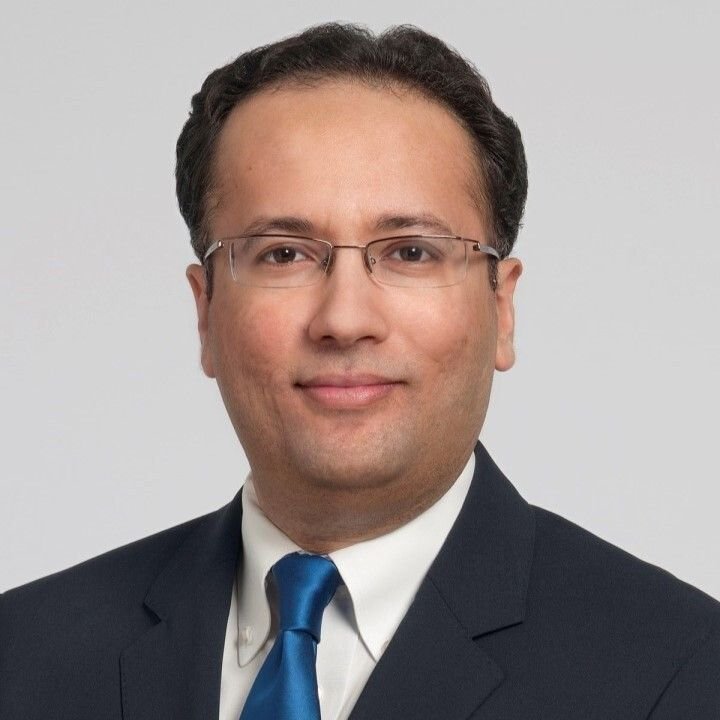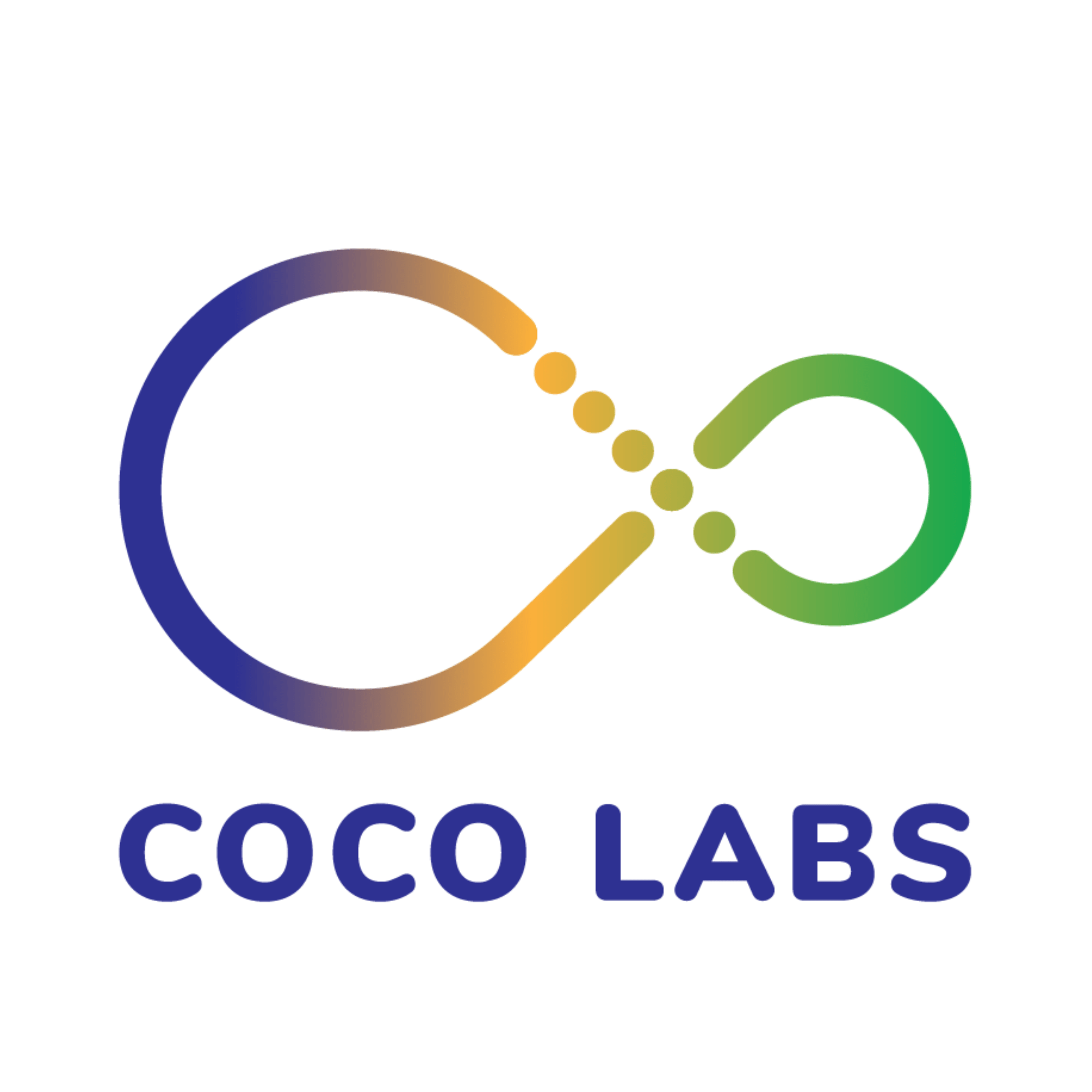Grateful: A Journal Reflection on The Wellbeing Project’s Ecosystem Network Grateful: A Journal Reflection on The Wellbeing Project’s Ecosystem Network
Grateful.
In so many ways, this word embodies my feelings and thoughts toward The Wellbeing Project’s Ecosystem Network.
My colleague, Kyla Carlsen, and I joined the Ecosystem Network in September of 2022. Though we joined this community of passionate, thoughtful, and dedicated changemakers for a short amount of time compared to when the network first begun, never did I once feel like an intruder.
From the beginning, we were greeted with such warmth and open arms that I knew virtually attending the Wellbeing Forums would be calls that I would eagerly anticipate every quarter. It did not take long for me to be captivated by the illumination of the Ecosystem Network because of the caring people creating and holding this space for changemakers to connect in such an intentional and authentic way.
One of the things I admired most about the network was the way this space was held for members to connect. I don’t ever recall joining a session where we immediately rushed into business or the tasks at hand. Instead, we were encouraged to participate in a collective grounding exercise or share how we were showing up in the space on that day. Taking this intentional pause to get grounded or share how we were honestly feeling was so astonishing to me.

Often in the nonprofit sector, we are hurrying through the day moving from one task or meeting to the next. This simple yet meaningful practice opened my eyes to how I could interact with my colleagues and facilitate meetings within my work differently. While meeting with members of the Collective Leaders Learning Circle program hosted by Co.act Detroit (pictured above), I was able to support with leading wellness practices for our group during some of our convenings. I felt confident to lead these practices thanks to my interactions and experience with members in the Ecosystem Network.
As a participant in this network, I loved being able to connect with other changemakers around the world. It was inspiring to hear about the work others were engaged in and the way they passionately served their communities. I still recall being amazed by Marlize Swanepowel’s presentation on the work she and her team does at Sp(i)eel concerning intergenerational trauma. Being able to connect with others over important and universal topics has made this experience such an insightful one.
One of my favorite gatherings as part of this network was when Anubha Agarwal of The Wellbeing Project shared findings from the Organizational Exploratory Program (OEP). This session resonated with me so deeply because one part of my work at Co.act is to lead our Nonprofit Wellbeing Series, which uplifts the vital connection between self and community care in the nonprofit community. To have the opportunity to hear about another’s wellbeing program and the lessons that have emerged was one I did not take for granted. I appreciated her transparency and that I was able to share some of the similar themes I saw in my work as well. Experiences like these continue to remind me why having collective space for people to convene and share is important.
As bittersweet as it is to say, “farewell” to the Ecosystem Network, I am grateful that there are still spaces for us to connect under The Wellbeing Project, such as through the Inner Wellbeing for Social Change group. To find ourselves in nourishing networks or spaces rooted in community and connectivity that are handled with so much care is something I treasure deeply. It is what I will miss most about the Ecosystem Network. While every beginning has an ending, I am grateful that the spirit of the Ecosystem Network will live on across the work of The Wellbeing Project and through the mindful practices and resources of its members. I have found so much joy, understanding, and inspiration from being a part of this community that I am forever changed and eternally grateful.
About The Author About The Author

Meet Charnae Sanders
Charnae Sanders, a devoted community advocate and Program Manager at Co.act Detroit, is deeply committed to fostering connections and empowering individuals. Her dedication to community development in her hometown of Detroit is evident through her work in curating impactful programs and events, including the Nonprofit Wellbeing Series. As a passionate contributor to the Rest and Liberation Initiative, she actively promotes holistic wellbeing and empowerment, particularly within BIPOC communities.
Charnae’s active involvement in various professional initiatives, such as the Young Nonprofit Professionals Network of Detroit and The Social Innovation Forum’s Community Organizations Reimagining Ecosystem (CORE) cohort, reflects her continuous efforts in promoting growth and leadership development. Her diverse experiences, including her time with the Challenge Detroit fellowship program and The Black Healing Justice Project, have further enriched her understanding of social impact and community engagement.
Prior to her role at Co.act Detroit, Charnae served as the Public Programs Coordinator at the Detroit Historical Society, utilizing her background in journalism from Central Michigan University. Her passion for writing and poetry has led to publications in renowned outlets such as the Wall Street Journal and Detroit Free Press. In her leisure time, she finds joy in writing, traveling, and experiencing the vibrant culture of her beloved city.

TWBS Omega Institute & Harlem Wellness Center TWBS Omega Institute & Harlem Wellness Center
Join the Global Wellbeing Movement

ABOUT THE SUMMITABOUT THE SUMMIT

WHEN September 4 – 8, 2023 WHERE Omega Institute Campus, New York LANGUAGE Hosted in English
This Wellbeing Summit – a partnership between Omega Institute and Harlem Wellness Center – brought together over 150 social change, governmental, arts, and business leaders with the collective intention to advance wellbeing for those on the frontlines of social change. Together, delegates delved into profound themes of collective wellbeing, personal and systemic change, connection, interdependence with each other and the planet we inhabit, and the power of creativity – celebrating the idea that we are all part of a greater whole.
The Wellbeing Summit Omega Institute & Harlem Wellness Center was host to:
- 150 attendees spanning diverse backgrounds, including geographic locations, professional sectors, generations, racial/ethnic identities, and gender identities
- 52 award-winning, dynamic, powerful, and revolutionary speakers, artists, and performers
- A community of activists, wellness practitioners, healers, spiritual leaders, philanthropists, educators, storytellers, and catalyzing changemakers
- A 56% attendance of BIPOC delegates, presenters, performers, and artists
- A 30% attendance of men and nonbinary delegates, presenters, performers, and artists who were welcomed in a women-centering space
The Summit provided an opportunity to build relationships, enhance collaboration and innovation, and engage in transformative experiences in an environment of joy, care, and mutual understanding. Activities included:
- Inspiring talks and panel discussions that presented multiple perspectives
- Workshops that offered tools to take meaningful action
- Leadership frameworks to guide delegates through a multi-tiered exploration of their own leadership journey
- Art and art making that engaged wellbeing from the emotional and intellectual language of the arts
- Learning from Omega’s award-winning Center for Sustainable Living and Eco Machine™, which demonstrated what’s possible through regenerative design
- Opportunities to be in nature–gardens, forest, and lakefront, and wellness activities including daily classes in meditation, yoga, and tai chi
SPEAKERS & ARTISTS INCLUDED: SPEAKERS & ARTISTS INCLUDED:
Monica Aleman * Carrie Barratt * Leslie Booker * Majora Carter * Richard J. Davidson * Liza Donnelly * Hannah Drake * Mallika Dutt * Theo Edmonds * Soffiyah Elijah * Pamela Stokes Eggleston * Soffiyah Elijah * Pumla Gobodo-Madikizela * Carla Goldstein * Andres Gonzalez * Reggie Hubbard * Hudson River Playback Theatre * Deepa Iyer * Jeff W. Jones * Leslie Salmon Jones * Sylvester Jones, Jr. * Amy Kandall * Kerri Kelly * Dan Mack * Rhonda V. Magee *
Anaïs Maviel * Tim McHenry * Donna Mikkelsen * Nathan Moore * Morley * Amina Naru * Brenda Salgado * Sharon Salzberg * Kwame Scruggs * Ali Smith * Atman Smith * Gail Straub * Travis Sullivan * Shelly Tygielski * Sarah Urech * Vivian Williams-Kurutz * Jamia Wilson * Rev. angel Kyodo williams Roshi
EXPLORE VOICES FROM THE SUMMIT EXPLORE VOICES FROM THE SUMMIT
Enjoy talks, articles, and practices from this stellar line-up of speakers.
HOSTED BY HOSTED BY
WORDS FROM OUR DELEGATES
“This powerful event offered a vision for social change and activism that I’ve been speaking about for years.”
Jemarc Axinto, Trauma Recovery Coach & Non-Profit Wellness Consultant at The Spiritual Geek
“The Summit gave me an opportunity to unplug and gather global expertise and strength in my advocacy. I had genuine time to reflect on my goals (both personal and professional) …..and recalibrate the legacy I want to leave in Chicago and across the globe.”
Jamia Jowers, Executive Director of What’s Your Forte Foundation
“…Can we just say, we are beside ourselves to have connected with such an inspiring community of leaders who share a similar vision for the world.”
Molly McConnell and Sierra Brashear, Co-Founders of Cultivate Balance
“It was an honor and pleasure to be in circle, community, interconnection, and big love.”
Mosijila Edu, Holistic Practitioner at Love Energy Services
With special thanks to these generous sponsors, funders, and partners With special thanks to these generous sponsors, funders, and partners
Brandstories, The Daniel W. Dietrich II Foundation, The J.M. McDonald Foundation, The New York Women’s Foundation, The Owsley Brown III Philanthropic Foundation, The Rubin, and The Wellbeing Project
CONTACT INFORMATION
For questions and more information about The Wellbeing Summit
Omega Institute & Harlem Wellness Center please contact OwlcCommunity@eomega.org
MORE REGIONAL SUMMITS MORE REGIONAL SUMMITS
Discover the Wellbeing Movement in North America Discover the Wellbeing Movement in North America
Meet and hear stories from the changemakers championing the wellbeing movement in North America.
Global Grassroots
New Hampshire, United States.
Field of Action: Social change. Women’s Justice. Ecological Belonging.
Ecosystem Network
Since 2006, Global Grassroots has trained more than 700 emerging change agents across East Africa who have designed nearly 200 civil society organizations reaching 198,000 people.
Their inner-driven approach, called Conscious Social Change, results in powerful impacts on our change agents and them, in turn, upon their communities.
When applied to the water sector, this results in significant shifts in health, violence, and education indicators, recording an unprecedented sustainability rate of 96% among water ventures they have funded since 2008, which are serving nearly 78,000 people with access to clean water and hygiene supplies, a critical need during COVID-19. Women belonging to Global Grassroots groups and programs understand systemic change and use their water solutions as sustainable hubs to target a range of other priority local issues affecting women.
When women lead, communities succeed.
Women are the fabric of society, but in impoverished areas, they lack the tools to solve local social issues.”
[/mk_blockquote]Reports & Research

Women, Water & Wisdom: Mapping Ripple Effects of Conscious Social Change in
Rural Rwanda
Have you ever thought about the link between wellbeing and water?
The benefits of clean water go well beyond physical health. In communities where clean water is scarce and has to be fetched on a daily basis, its availability reduced stress and increased safety:
“According to participants, the incidents of injury, violence, and abuse related to fetching water dropped since the new water sites launched, particularly improving the safety of women, girls, and other community members for whom the journey had been dangerous.”
Read the full report to learn more about the power of water and community-led change:
Related Posts

Celina de Sola
Glasswing International
Celina de Sola is co-founder and president at Glasswing International, an El Salvador-based organization that combines community-based initiatives with strategies to strengthen public education and health services. Her work focuses on designing and implementing innovative, community-based initiatives that bring together institutions and people for joint action. Prior to Glasswing, de Sola worked as a crisis interventionist for Latino immigrants in the US and led humanitarian crisis response projects in Liberia, Sudan, Afghanistan, Iraq and Indonesia. She is a Fellow of the Obama Foundation, Ashoka, LEGO ReImagine Learning, Penn Social Impact House. She is also an Audacious Project and Skoll Foundation Awardee, and a Tallberg Global Leader. Celina holds a master’s degree in Public Health from Harvard University and one in Social Work from the University of Pennsylvania’s School of Social Policy and Practice.

Co.act Detroit
Detroit, Michigan,
United States.
Co.act Detroit is a hub that accelerates transformative impact with nonprofit and community organizations in southeast Michigan through collaborative idea generation, cross-sector resources, and equitable access to world-class programming and learning opportunities.
Co.act Detroit is the home of the Nonprofit Wellbeing series, which celebrates the vital connection between self and community care and pushes for a culture shift around wellbeing at the organization and sector level. Through a quarterly series of workshops, activities, and conversations, we provide access to virtual resources and best practices that equip nonprofit professionals with strategies to support their teams and wellbeing.
Nonprofit mental health and wellbeing is also a frequent topic of conversation in our podcast, Natural Collisions. Past episode topics include creating cultures of wellbeing at work and the impact of the pandemic on women’s careers and the mental health of women in the nonprofit workplace.
Connect to Co.act Detroit on social media :
Webinar: Advancing wellbeing through social prescribing Webinar: Advancing wellbeing through social prescribing
HIGHLIGHTS OF THE CONVERSATION HIGHLIGHTS OF THE CONVERSATION
Wednesday, April 12, 2023
3pm – 4pm ET / 9pm – 10pm CET
Imagine a future where doctors prescribe more than just drugs. Dan Morse (Co-Founder and Founding Director of Social Prescribing USA) and Dr. Ardershir Hashmi (MD, FACP, FNAP is the Endowed Chair of Geriatric Innovation and Section Chief of the Center for Geriatric Medicine at Cleveland Clinic) takes viewers to that future by spotlighting successes of the present — educating the community on the history, evidence base, and practice of social prescribing, with an eye to what other social entrepreneurs, grassroots organizations, universities, governments and healthcare professionals can learn. Julia Hotz (Journalist and author of THE SOCIAL PRESCRIPTION (Simon & Schuster, 2024) will moderate the webinar, and help viewers explore to advance the benefits of social prescribing in their own wellbeing journeys, in the meantime.
MEET OUR SPEAKERS MEET OUR SPEAKERS

Dan Morse
Dan Morse is the co-founder of Social Prescribing USA, a network of leaders working to advance the US Social Prescribing movement. His team of volunteers are coordinating a US grassroots physician movement, organizing a network of 400+ experts, and catalyzing prospective pilot studies in collaboration with professors at Harvard, Stanford, University of Michigan, reps from hospitals, Cleveland Clinic, and the NIH. Aimed to be the “public town square” of the moment, the organization is also building a free site to allow people to find social prescriptions by zip code.
Dan has spent the past decade focused on social determinants of health, from organizing place-based health interventions in Detroit to founding an award-winning health empowerment restaurant. Today, Dan is on the founding team of a new Bachelor’s degree-granting college in San Francisco, called Make School (now Dominican University). The college prepares students from disadvantaged backgrounds to get jobs at companies like Apple, Google, Tesla, and NASA. Dan has pioneered data-driven programs that address students’ social determinants of health and foster academic success. He graduated from the University of Michigan Ross School of Business with honors.

Dr. Ardeshir Z. Hashmi
MD, FACP, FNAP.
He is the Endowed Chair of Geriatric Innovation and Section Chief of the Center for Geriatric Medicine at Cleveland Clinic. Dr. Hashmi completed a two-year postdoctoral research fellowship at Yale University. He completed his Internal Medicine residency at the Yale-Saint Mary’s Hospital in Connecticut, where he served as Chief Medical resident. He then trained at Massachusetts General Hospital as a Clinical and Research Fellow in Geriatrics before becoming Faculty and then Medical Director of MGH Senior Health-Harvard Medicine. Dr. Hashmi subsequently transitioned to the Cleveland Clinic.
He is a Fellow of the American College of Physicians and the National Academies of Practice, a graduate of the Clinical Process Improvement Leadership Program and the Value Based Healthcare Delivery program via the Harvard Business School Institute of Strategy & Competitiveness. Dr. Hashmi is also certified as an Advanced Peer Coach through the Cleveland Clinic Center for Excellence in Coaching and Mentoring. He is Co-Chair of the national American Geriatrics Society (AGS) Patient Priorities Care Special Interest Group (SIG) and serves on the AGS Health Systems Innovation Economics & Technology Committee and the Society for General Internal Medicine’s Geriatrics Commission. Dr. Hashmi is also a member of the Association of Chiefs and Leaders in General Internal Medicine (ACLGIM). He is an alumnus of the prestigious Tideswell Emerging Leaders in Aging (ELIA) national leadership development program (in conjunction with the American Geriatric Society and the University of California San Francisco) and the ACLGIM LEAD programs. He is also a member of the American College of Healthcare Executives. Dr. Hashmi’s niche area of interest is the intersection of technology and population health in the service of our most vulnerable populations.

Learning for Well-being Foundation
Washington,
United States.
CoCo Labs is a systems change organization, dedicated to advancing equitable wellbeing for collective thriving. We believe that everyone, no matter what their current reality, should have access to the tools and support needed to transcend their wellbeing limitations and reach their fullest potential.
Our main aim is to build a coalition of organizations and individuals engaged in shifting multiple systems toward wellbeing for all. In the same way that the Base of the Pyramid (BoP) economics demonstrates that by raising the income of the poorest, the greatest knock-on effect occurs towards a country’s economy, our theory of change includes the notion that by raising the quality of life experience of the most challenged, a country’s thriveability will increase exponentially.
We begin by working with systems leaders to support them in showing up as the best versions of themselves. Leaders that are able to hold multiple perspectives, see systems as living systems, and navigate complexity, are able to create the conditions for communities, at a global level, to thrive even in adverse conditions.
CoCo Labs is working towards the advancement of equitable wellbeing for collective thriving. Thriving goes beyond resilience and well-being to describe a state in which:
- Everyone is powerful – systemic oppression is phased out
- Radical “othering” is a thing of the past – cultural competence and integration of diverse ways of being and doing are the norms
- Communities live in harmony with nature – supported by, and supporting, ecosystem services
- Individual and collective healing and resilience – communities are able to navigate uncertainty and complexity better
- Communities demonstrate greater psychosocial development – they are able to move beyond resilience towards thriving, including a greater sense of individual and collective agency
Connect COCO LABS on social media :











































